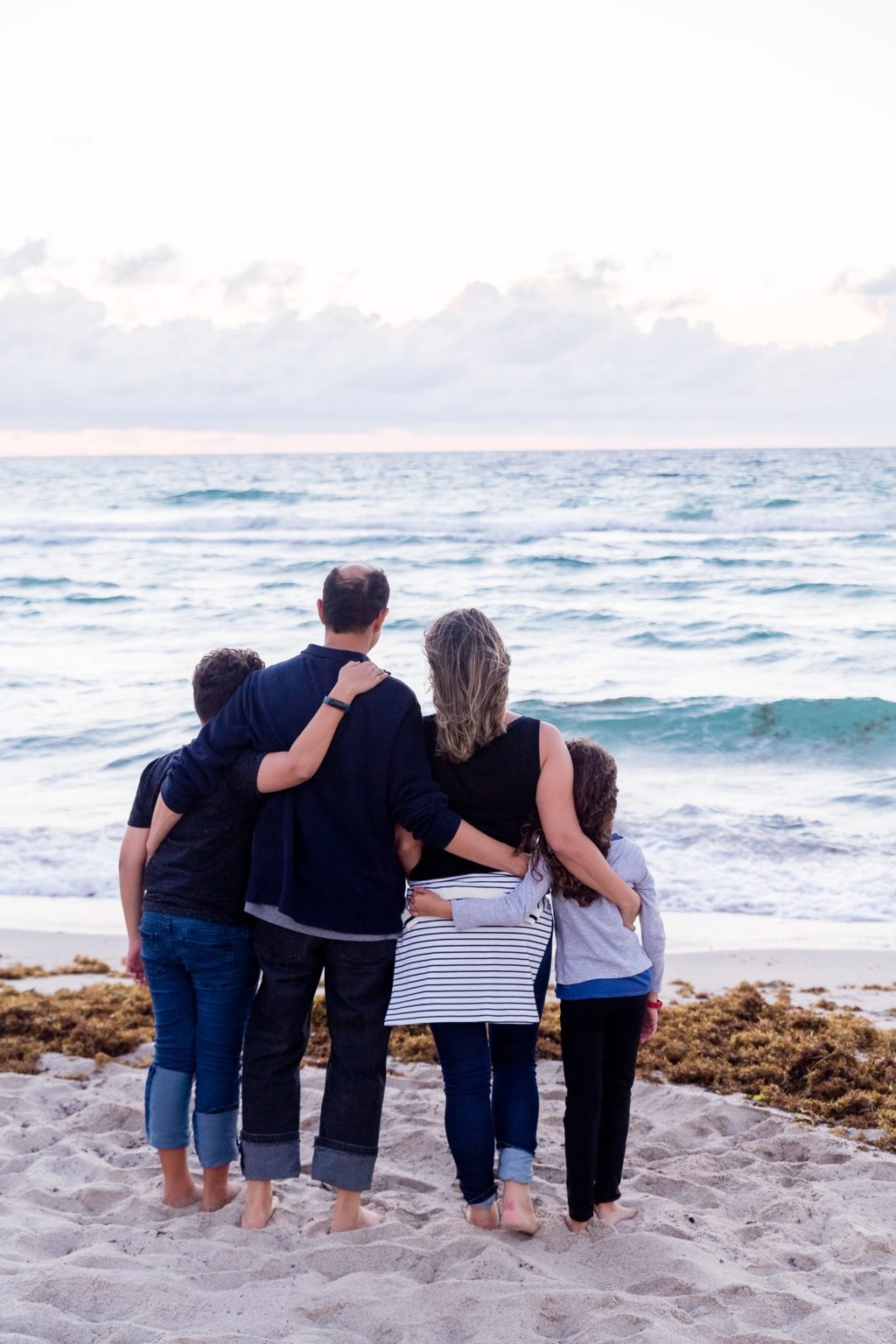In our first biology class, and probably even before, we learn that death is a part of the natural world, but this knowledge doesn’t make it any easier to cope with a diagnosis of a terminal illness. Yet with the right strategies and help, you can make the most of the time you have.
Cope In Whatever Way Feels Right
The first step is coping with a diagnosis. Before anything else, know this: there’s no right or wrong way to feel. You are not required to keep a “stiff upper lip” or refuse to acknowledge your pain.
It’s normal to feel shocked, fearful, angry, and frustrated. You may feel isolated. You may even feel numb as if there’s nothing there at all. There might be no particular order to your feelings, but there are strategies to deal with them.
Talk It Out
Let your friends and family in. Your closest loved ones will have feelings of their own they may be reluctant to share, but if you’re open and honest with one another, everyone’s burden will be just a bit lighter.
Ask An Expert
A professional cognitive behavioral therapist can help you achieve peace before reaching the end of life. Their goal is to bring you emotional and psychological healing, helping you identify what prevents you from achieving peace and work to overcome it.
Just because you’re reaching the end of life doesn’t mean you are surrendering all control. We fear what we do not know, and one way to remove some of the fear is by asking your doctor what to expect and doing research on your condition.
Plan For The End
Planning for the end of life can actually be highly empowering. Once again, rather than surrendering, you’re taking control. With effective planning, you know your loved ones are safe and your memorial will reflect what’s important to you; not someone else.
As you plan, consider your estate and your final arrangements. You’ll have peace knowing you’ve made the decisions, and your loved ones will have less stress knowing exactly what you want.
Get Your Will In Order
Now is the time to write your will and make plans for how your assets are distributed or who will be a guardian for any minor children in your life. Speak with a lawyer about the best way to minimize tax hits so your loved ones aren’t left with extra expense and worry.
Consider Final Arrangements
You can make a difference even after death. Cremation can be a way of demonstrating care for the environment while making decisions easier for loved ones. You could request that friends and coworkers send a donation to your favorite charity in lieu of flowers, or consider asking estranged family members to come together to spread your ashes in a special place.
Soak Up The Days
Even with a diagnosis of terminal illness, you can live a full, rich life during the time you have left. And a rich life is filled with friends, challenges, and love.
Knowing that you’re facing death can even make some things about life richer. Many people report finding themselves better able to appreciate the beauty and joy around their time grows short.
Continue To Challenge Yourself
Your disease may limit your physical abilities, but challenges come in many forms. Whether it’s taking up a musical instrument, scaling a peak, or writing out your memoirs, use this time.
Appreciate Time With Loved Ones
There is still time to appreciate the ones you love, to make new memories, and to address old hurts. The key is to be intentional in all your interactions with each individual you love, doing things you both enjoy and speaking honestly about the past, present, and future.
Don’t Stop Loving
The people who know you will remember your fierce love long after you’re gone. Some will remember your passion for a cause, while others will think fondly of your love for them. Now is the time to put aside any embarrassment or trepidation and live life to the fullest: what do you have to lose?











